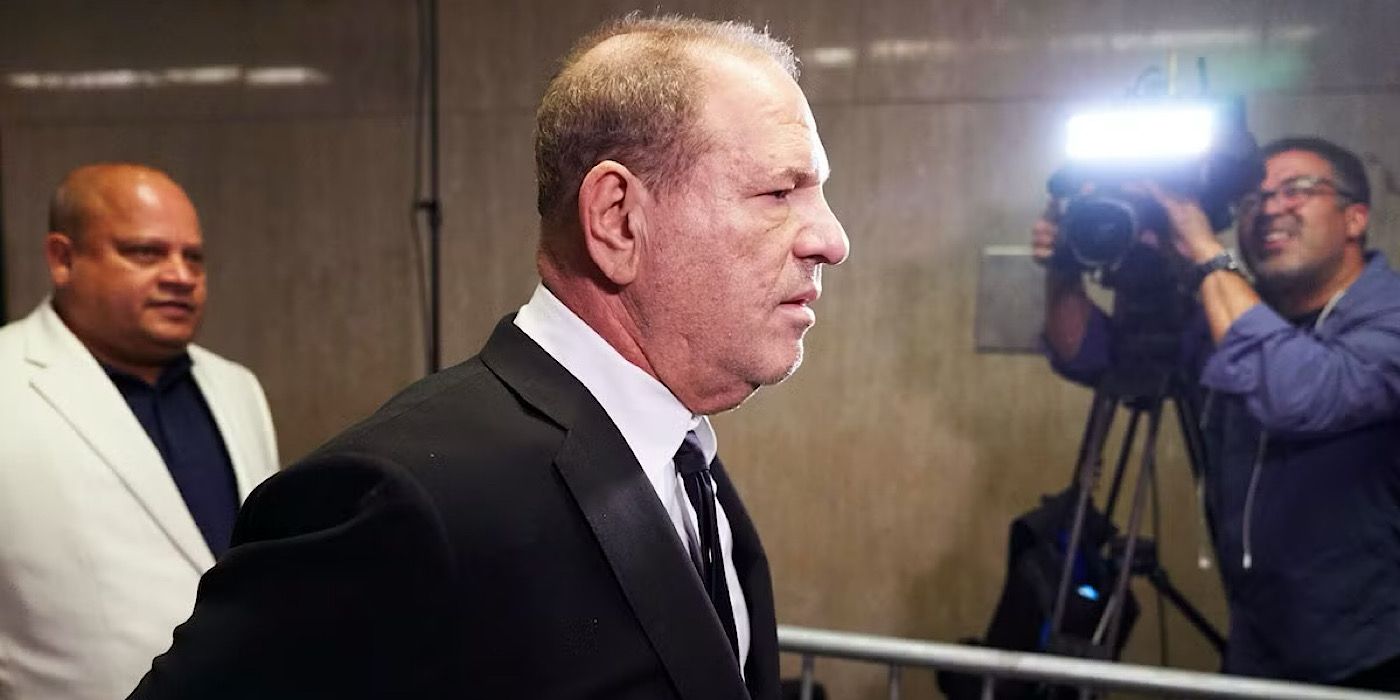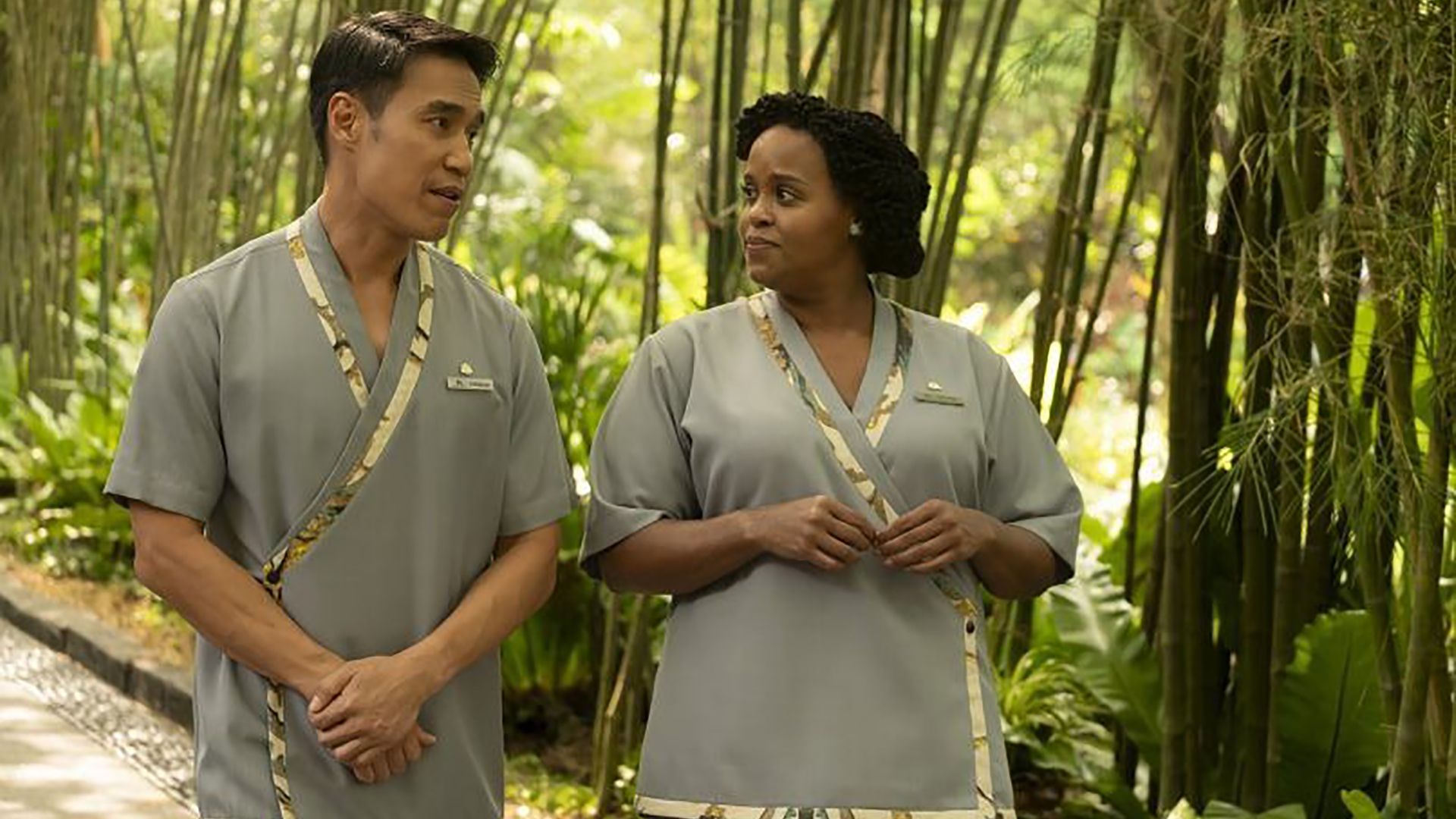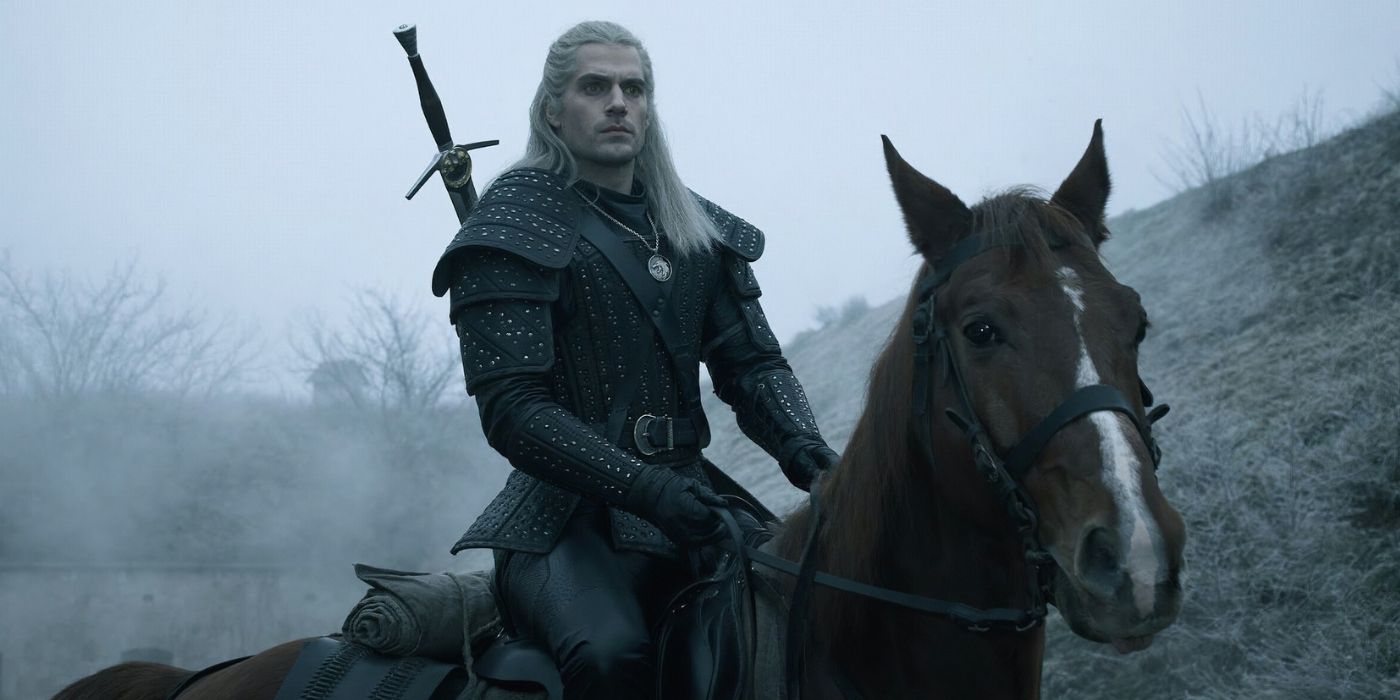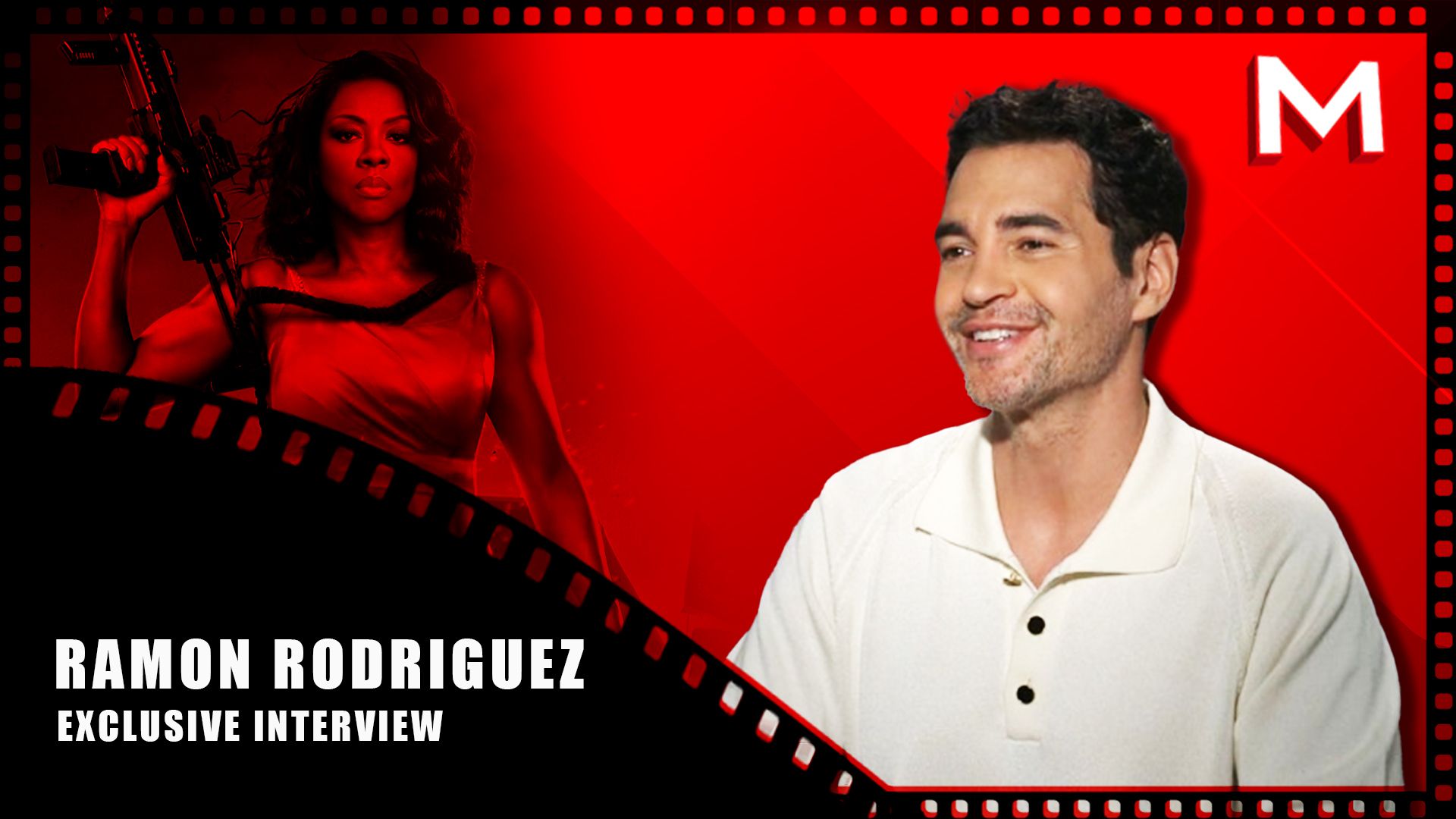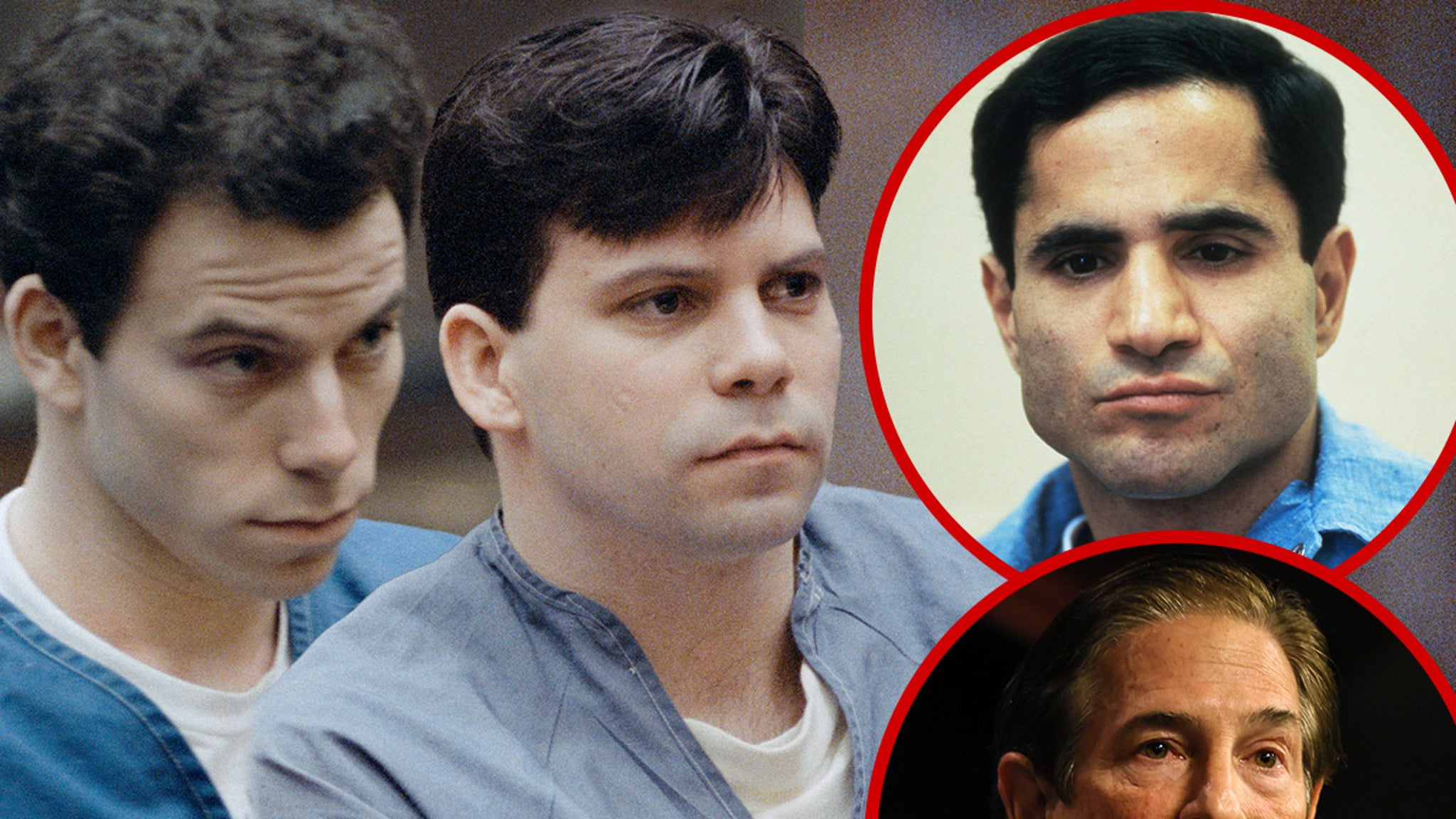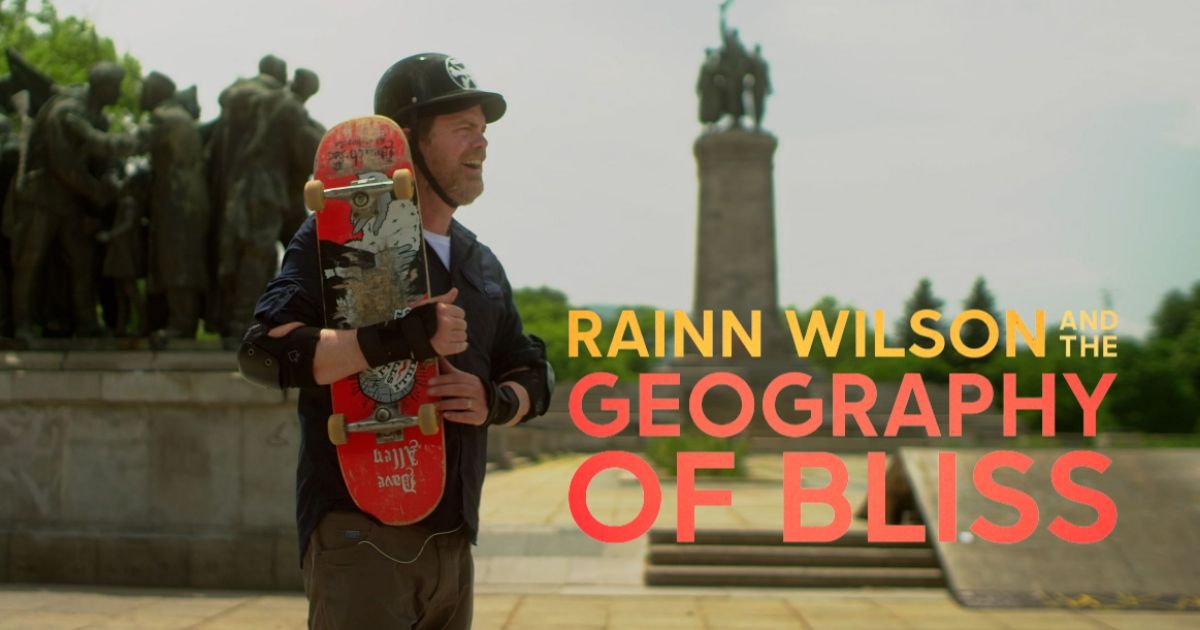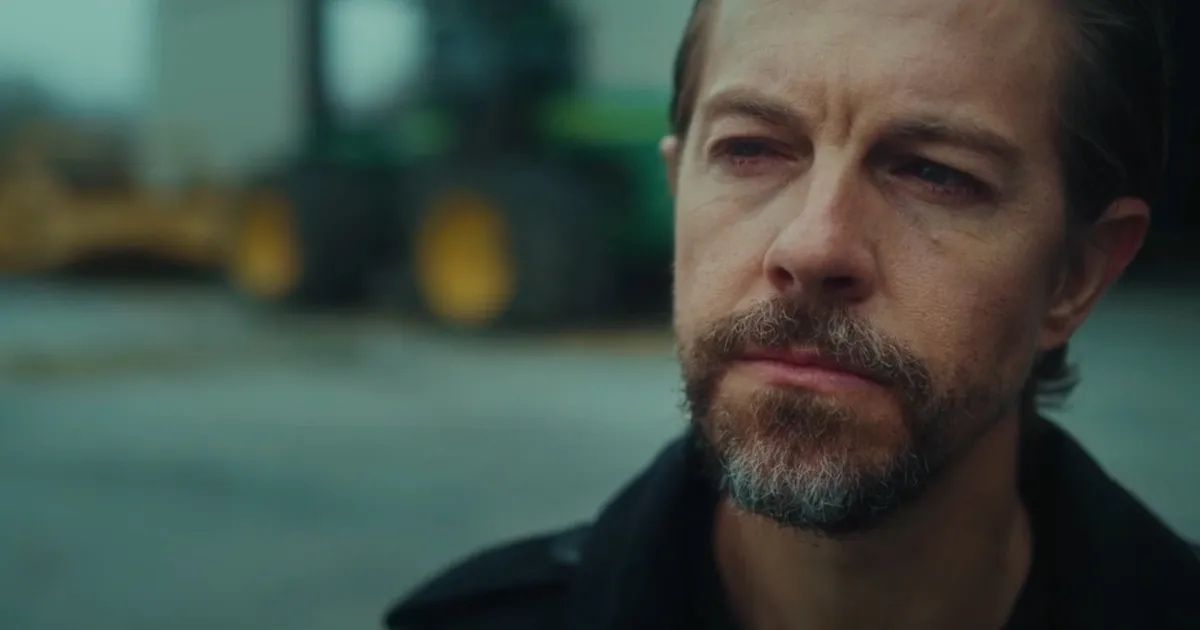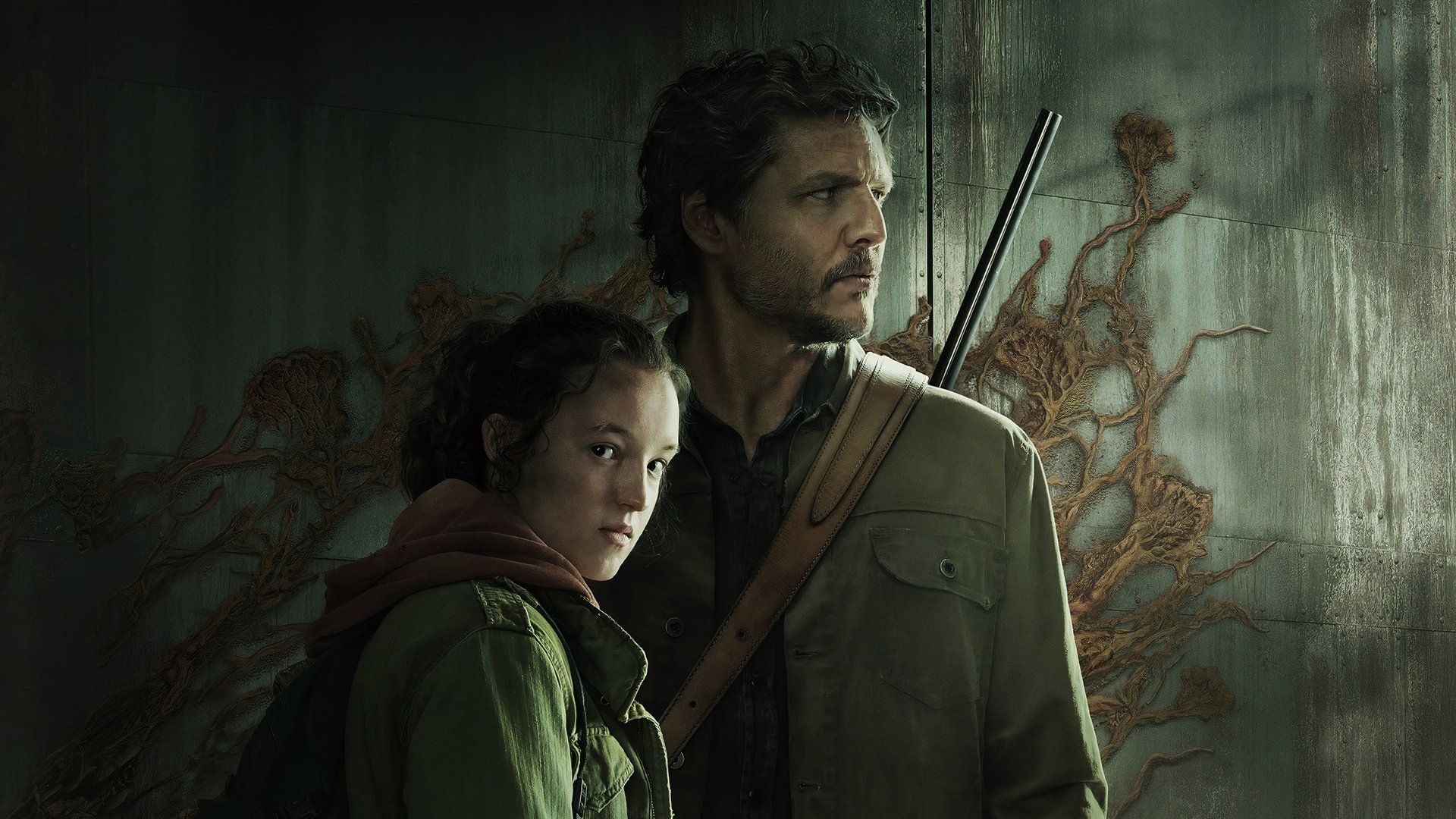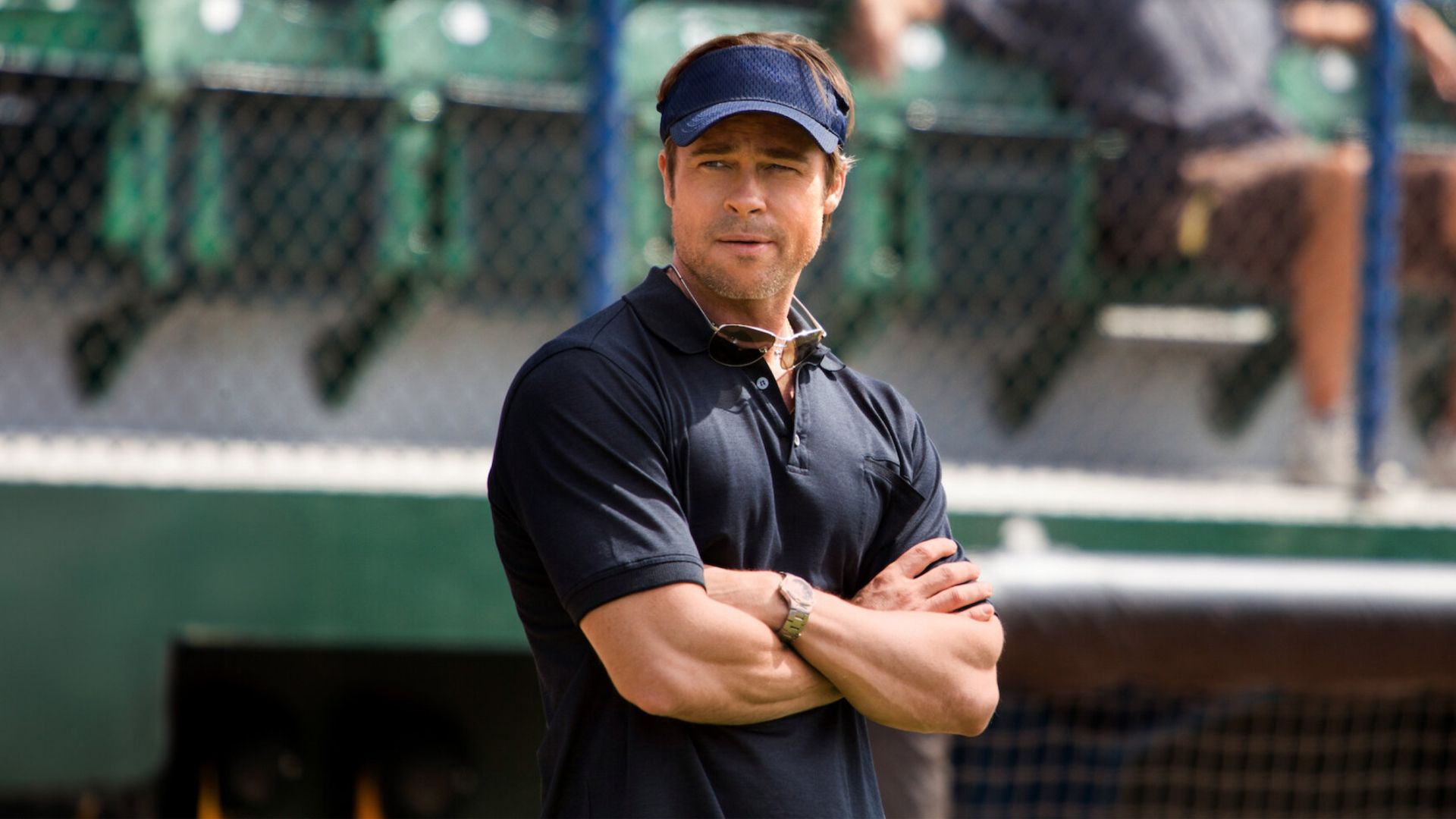6. UNITED 93
To watch “United 93” is to be confronted with the grim chaotic reality of that September day in 2001.The movie is deeply disturbing, and some people may have to leave the theater. But it would have been much more disturbing if Greengrass had made it in a conventional way. He does not exploit, he draws no conclusions, he points no fingers, he avoids “human interest” and “personal dramas” and just simply watches. The movie’s point of view reminds me of the angels in “Wings of Desire.” They see what people do and they are saddened, but they cannot intervene.
5. THE LIVES OF OTHERS
The movie is relevant today, as our government ignores habeas corpus, practices secret torture, and asks for the right to wiretap and eavesdrop on its citizens. Such tactics did not save East Germany; they destroyed it, by making it a country its most loyal citizens could no longer believe in. Driven by the specter of aggression from without, it countered it with aggression from within, as sort of an anti-toxin. Fearing that its citizens were disloyal, it inspired them to be. True, its enemies were real. But the West never dropped the bomb, and East Germany and the other Soviet republics imploded after essentially bombing themselves. “The Lives of Others” is a powerful but quiet film, constructed of hidden thoughts and secret desires. It begins with Wiesler teaching a class in the theory and practice of interrogation; one chilling detail is that suspects are forced to sit on their hands, so that the chair cushion can be saved for possible use by bloodhounds. It shows how the Wall finally fell, not with a bang, but because of whispers.
4. THE DEPARTED
It is intriguing to wonder what Scorsese saw in the Hong Kong movie that inspired him to make the second remake of his career (after “Cape Fear“). I think he instantly recognized that this story, at a buried level, brought two sides of his art and psyche into equal focus. We know that he, too, was fascinated by gangsters. In making so many films about them, about what he saw and knew growing up in Little Italy, about his insights into their natures, he became, in a way, an informant. I have often thought that many of Scorsese’s critics and admirers do not realize how deeply the Catholic Church of pre-Vatican II could burrow into the subconscious, or in how many ways Scorsese is a Catholic director. This movie is like an examination of conscience, when you stay up all night trying to figure out a way to tell the priest: I know I done wrong, but, oh, Father, what else was I gonna do?
You can view the original article HERE.


